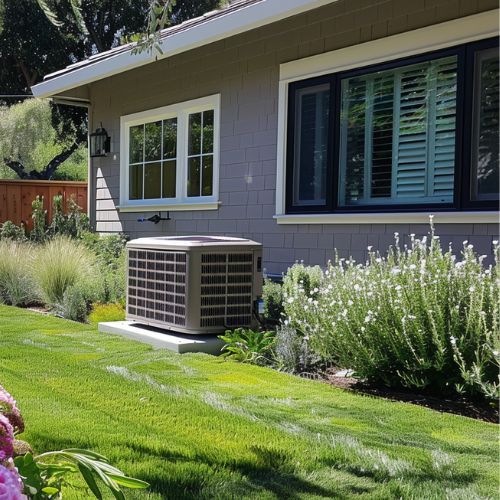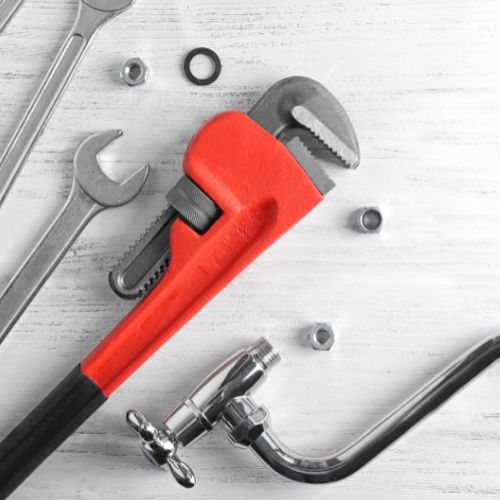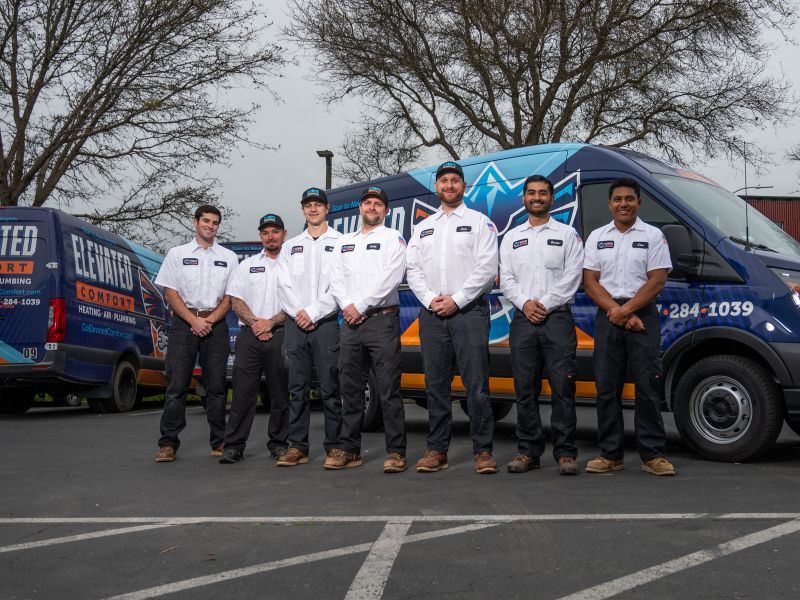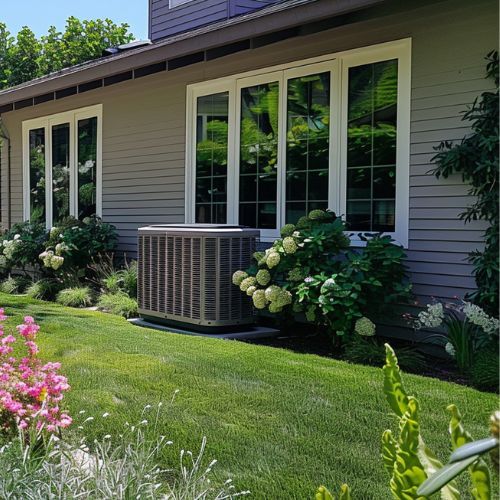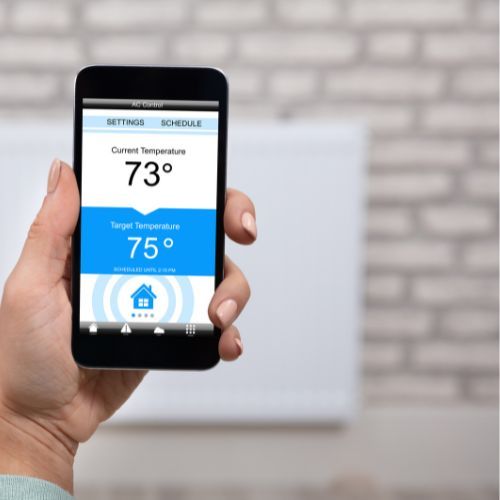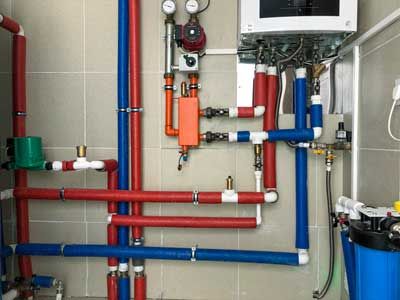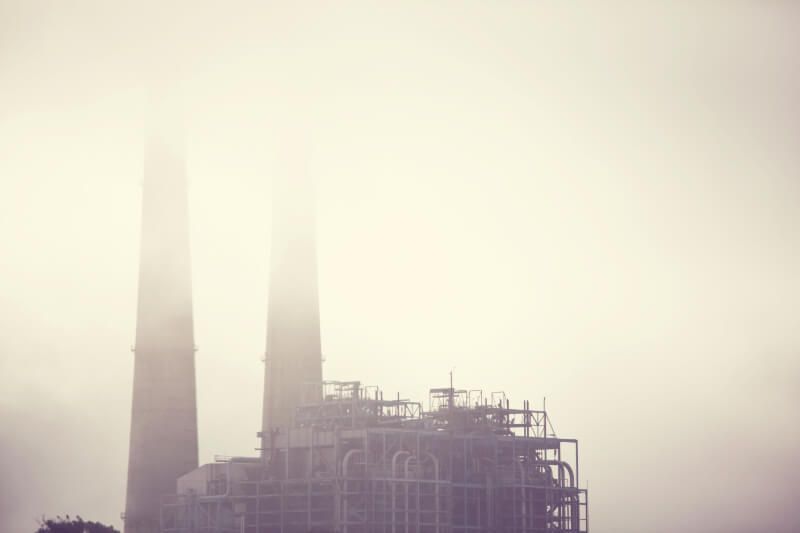The Impact of Insulation on Your HVAC Performance
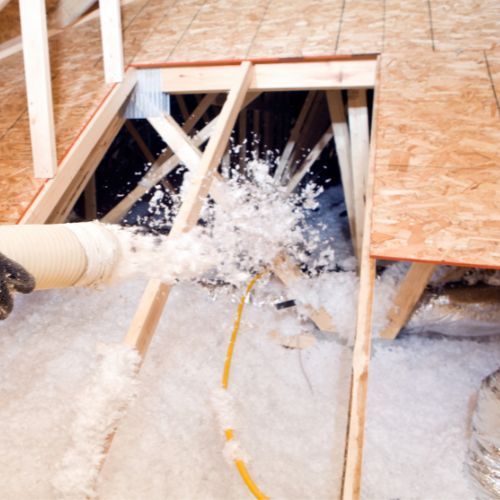
Table of Contents
ToggleTL;DR: Insulation is crucial for maintaining comfort and energy efficiency in your California home. It reduces heat transfer, lowers energy bills, and enhances HVAC performance by minimizing workload.Elevated Comfort offers professional assessment and installation to optimize your home’s insulation and HVAC efficiency—contact us for expert guidance.
Insulation is a critical component of your home’s overall comfort and energy efficiency. In California, where temperatures can vary greatly between seasons, having proper insulation is essential for maintaining a comfortable indoor environment and optimizing your HVAC system’s performance. Elevated Comfort, a trusted HVAC service provider in California, is here to explain the impact of insulation on your HVAC performance, the types of insulation available, and the benefits of ensuring your home is well-insulated.
Understanding Insulation and Its Types
Insulation works by reducing the amount of heat transfer between the inside and outside of your home. This helps maintain a consistent indoor temperature, reducing the workload on your HVAC system. There are several types of insulation, each with its own characteristics and applications:
- Fiberglass Insulation: Made from fine glass fibers, this is one of the most common types of insulation. It is available in batts or rolls and is often used in walls, attics, and floors.
- Cellulose Insulation: Composed of recycled paper products treated with fire retardant, cellulose insulation is blown into spaces, making it ideal for insulating irregularly shaped areas and retrofitting older homes.
- Spray Foam Insulation: This type of insulation expands upon application, forming an air-tight seal. It provides excellent thermal resistance and is used in walls, roofs, and around vents and windows.
- Rigid Foam Insulation: Available in panels, rigid foam insulation is used for foundations, walls, and roofs. It provides high thermal resistance and adds structural strength to your home.
- Reflective Insulation: Typically installed in attics, this insulation uses reflective materials to reduce radiant heat gain, keeping homes cooler in hot climates.
Choosing the right type of insulation for your home depends on various factors, including the climate, the area to be insulated, and your specific needs.
How Insulation Affects HVAC Performance
Proper insulation directly impacts the performance and efficiency of your HVAC system. Here’s how:
- Reduced Heat Transfer: Insulation minimizes the amount of heat that escapes in the winter and enters in the summer, helping your HVAC system maintain a consistent indoor temperature with less effort.
- Lower Energy Consumption: By reducing the workload on your HVAC system, insulation helps lower your energy consumption. This not only reduces your utility bills but also extends the lifespan of your HVAC equipment.
- Enhanced Comfort: Insulation helps eliminate drafts and cold spots, providing a more comfortable living environment. It also reduces noise from outside, contributing to a quieter home.
- Balanced Humidity Levels: Insulation helps control moisture levels within your home, preventing issues like mold growth and condensation that can affect both your comfort and health.
Benefits of Proper Insulation
Investing in proper insulation offers numerous benefits, including:
- Energy Efficiency: Well-insulated homes require less energy for heating and cooling, resulting in significant cost savings over time.
- Environmental Impact: Reducing your energy consumption helps lower your carbon footprint, contributing to environmental sustainability.
- Increased Property Value: Homes with good insulation are more attractive to buyers and can command higher prices on the market.
- Improved Indoor Air Quality: Proper insulation reduces the infiltration of outdoor pollutants, dust, and allergens, leading to better indoor air quality.
- Long-Term Savings: While the initial investment in insulation may be significant, the long-term savings on energy bills and HVAC maintenance make it a cost-effective choice.
Elevated Comfort can assess your home’s insulation needs and provide professional installation services to help you reap these benefits.
Signs Your Home Needs Better Insulation
Recognizing the signs that your home may need better insulation is crucial for maintaining comfort and efficiency. Here are some indicators:
- Uneven Temperatures: If some rooms in your home are consistently warmer or cooler than others, it could be a sign of inadequate insulation.
- High Energy Bills: Unexplained spikes in your heating and cooling costs may indicate that your HVAC system is working harder due to poor insulation.
- Drafts and Cold Spots: Feeling drafts or cold spots in your home, especially near windows, doors, and walls, is a common sign of insufficient insulation.
- Frequent HVAC Cycling: If your HVAC system frequently turns on and off, it may be struggling to maintain the desired temperature due to heat loss or gain through poorly insulated areas.
- Moisture and Condensation: Excessive moisture, condensation on windows, or signs of mold and mildew can indicate inadequate insulation and poor thermal performance.
If you notice any of these signs, it’s time to contact Elevated Comfort for a professional insulation assessment.
Final Thoughts
Proper insulation is vital for optimizing your HVAC system’s performance, reducing energy consumption, and maintaining a comfortable living environment. In California’s varied climate, investing in high-quality insulation can make a significant difference in your home’s efficiency and comfort. Elevated Comfort is dedicated to helping homeowners in California achieve optimal insulation and HVAC performance. Contact Elevated Comfort today to learn more about our insulation services and how we can help you enhance your home’s energy efficiency and comfort.
